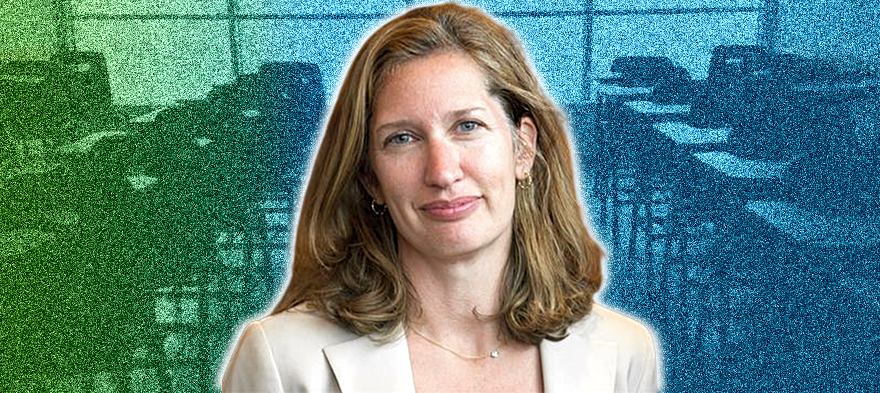
The Center on Reinventing Public Education has been a leader in tracking school districts’ responses to the pandemic and in showcasing innovations that could help public schools emerge from this time more equitable, just and resilient.
If nothing else, our education system’s response to the pandemic should make it clear that the goal should not be a return to normal. Normal led to widespread failures in supporting the most vulnerable students and exacerbated already-staggering inequities.
A panel of experts we recently convened described the enormity of the work ahead. [pullquote]K-12 students across the nation have experienced unprecedented challenges to their social-emotional well-being[/pullquote]: school closures coupled with the shutdown of virtually all social activities for months, in some cases over a year. Many students were also facing the pandemic’s impact on their families’ health and economic welfare. Young people experienced illness and economic hardship, taking on additional responsibilities in caring for younger siblings or even becoming family breadwinners. And of course, about 140,000 children lost a parent, grandparent or other caregiver—a burden that fell disproportionately on children of color.
Our historically insufficient attention to children’s well-being and joy in school cannot be our response to this crisis. Our work has shown that few school districts are systematically measuring their students’ wellbeing and that existing measures are not up to the task of making sense of students’ needs emerging from the pandemic.
At CRPE, we remain laser-focused on ensuring our school systems catch kids up and begin rebuilding in ways that address the underlying rigidities, dysfunctions, and inequities that we documented last year — and sustain the promising practices, innovations, and “light bulb moments” many educators and school systems launched during the crisis.
Some of those promising practices exist outside the traditional public education system — for example, in learning pods. When schools closed down last spring, some parents and educators responded by forming “pandemic pods,” or small groups of students who came together outside of school to learn during the pandemic. Some were district-affiliated; others were community-driven.
In interviews, [pullquote]parents and teachers said the combination of small group sizes and flexibility to shape the learning experience enabled educators to form strong relationships with their students and ensure students felt seen, known, and heard, which, in turn, helped them support students’ learning and well-being.[/pullquote]
These experiments from last year provide some important examples of how families and educators can affirm students’ identities, instill a sense of belonging, and help them resolve conflicts and navigate social situations when they are freed from traditional assumptions and rules about how school is supposed to look.
That’s why I’m so excited to join brightbeam’s Town Hall discussion, “Supporting the Whole Child in a Post-Pandemic World.” I’ll be joined by Cierra Kaler-Jones of the Communities for Just Schools Fund as well brightbeam’s Atlanta activist, Jason Allen, and EdLanta student leader Jovan Manning.
We’ll be live with moderator Zakiya Sankara-Jabar on Wednesday, October 25 at noon Eastern. I hope you can join us.
Robin Lake is director of the Center on Reinventing Public Education (CRPE) a non-partisan research and policy analysis organization developing transformative, evidence-based solutions for K–12 public education. Her research focuses on U.S. public school system reforms, including public school choice and charter schools; innovation and scale; portfolio management; and effective state and local public oversight practices.
The fight for educational equity has never been just about schools. The real North Star for this work is providing opportunities for each child to thrive into adulthood. This means that our advocacy...
Your donation will support the work we do at brightbeam to shine a light on the voices who challenge decision makers to provide the learning opportunities all children need to thrive.
Ed Post is the flagship website platform of brightbeam, a 501(c3) network of education activists and influencers demanding a better education and a brighter future for every child.
© 2020–2024 brightbeam. All rights reserved.